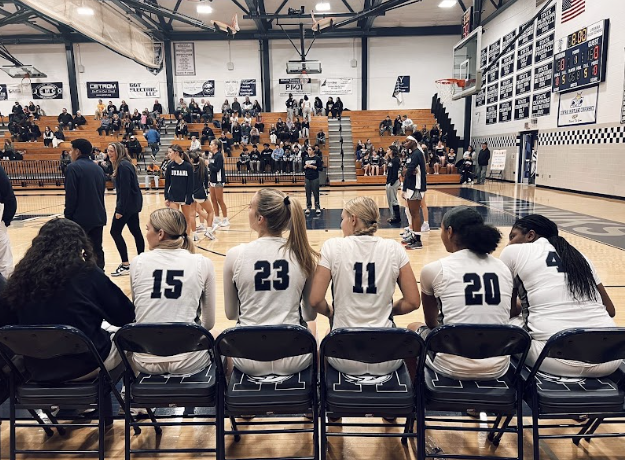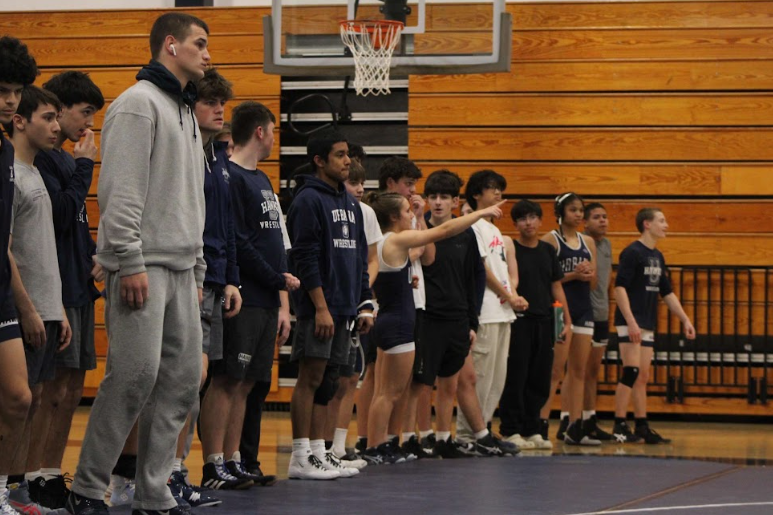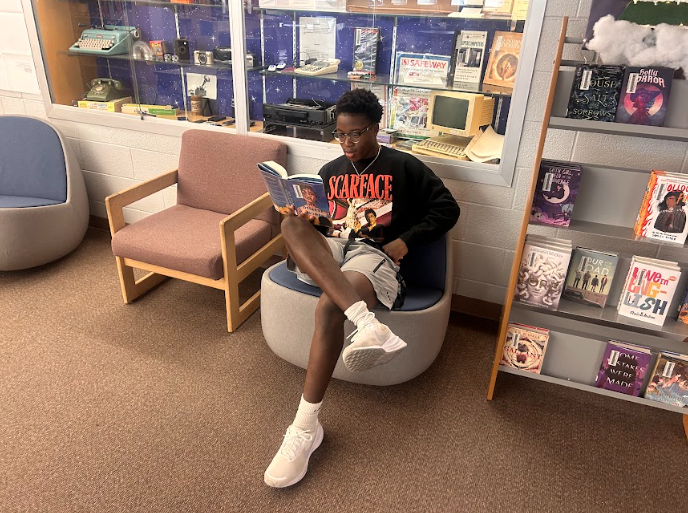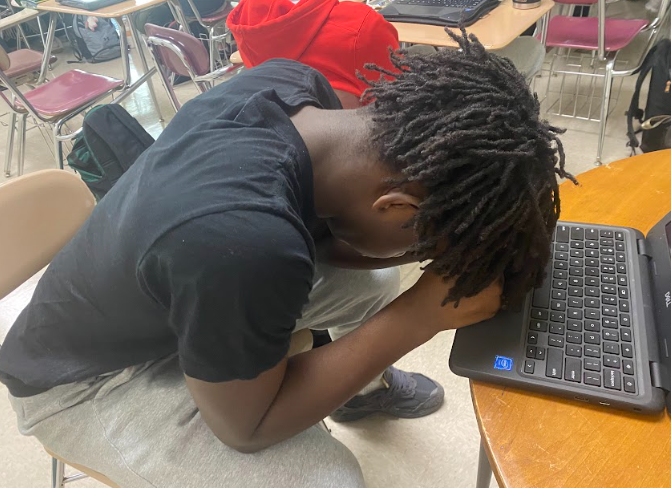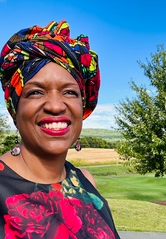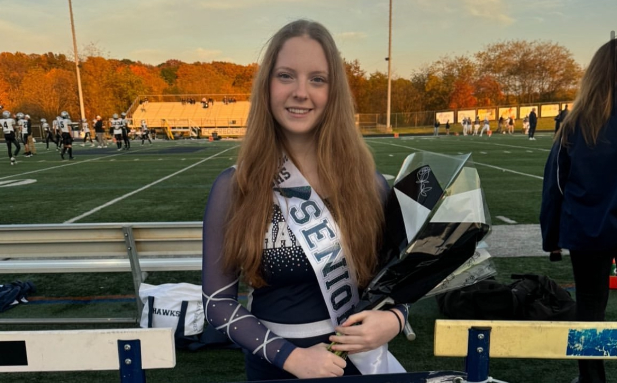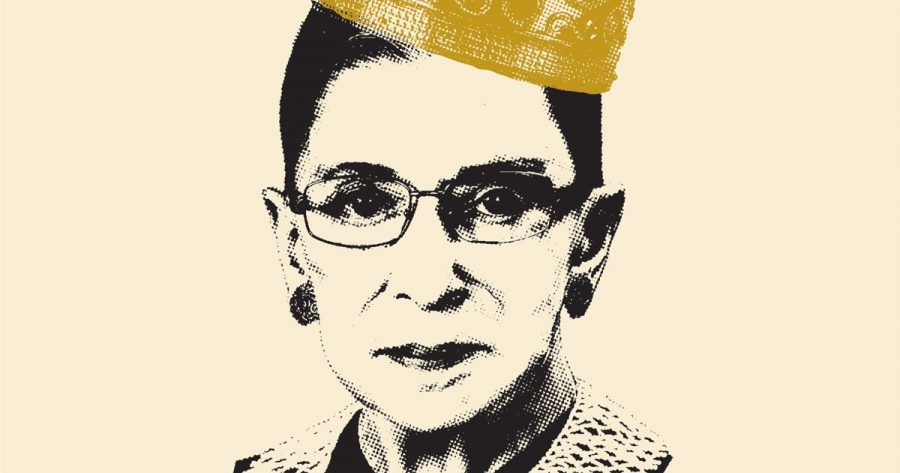Ruth Bader Ginsburg: The humble beginnings of a feminist icon
Adam Johnson and Harper Collins
A Notorious RBG exhibit is opening in Philly
October 12, 2020
Ruth Bader Ginsburg was a Brooklynite, first-generation American whose parents did not attend college. Justice Ginsberg stated that her parents “taught her to love learning, care about people, and to work hard.” Her friends call her Kicky. The night before Ginsburg’s high school graduation, her mother passed away from cancer. There were two lessons that her mom instilled in her: be a lady and be independent.
Ginsburg graduated from Cornell and attended Harvard Law School, where she was one of two women in a class of over five hundred men. While at Harvard, she cared for her infant daughter and husband, who was battling cancer. After her husband recovered from cancer, he graduated from Harvard Law and relocated the family to New York City for a job. She graduated from Columbia Law School.
Before becoming a Supreme Court Justice, Ginsburg strongly advocated for gender equality. In the 1970s, there were state and federal laws the discriminated against US citizens based on gender. For example, a woman could be fired from her job for being pregnant, or banks could require a woman applying for credit to have her husband co-sign, and husbands did not qualify for the social security survivor’s benefit. As a lawyer, Ginsburg argued numerous cases before the Supreme Court, and she won 5 out of 6 cases she argued before the Highest in the United States. Her legal arguments forced the United States Congress to reconsider and, in some cases, rewrite laws, which led to revisions in state laws.
As a Supreme Court Associate Justice, Ginsburg wrote some most memorable and scathing dissenting opinions. After the Supreme Court struck down section 4 of the Voting Rights Act, she received the nickname “Notorious RBG” due to the mastery of the English language she displayed in the dissenting opinion. Notorious RBG’s outrage is palpable in this writing.
Ginsburg was a champion for equal rights for all, especially women and minorities. Her fierce love of the law and what is right (but not always popular) ignited young people to care about Supreme Court rulings. She came from a humble beginning to sit on the Highest Court in the land, and cared for us for 20+ years by casting a vote for equality for all regardless of gender, race, or sexual orientation. It is our turn to carry the torch and continue her work for equality for all.




